
Karel Čapek was a Czech writer, playwright and critic. He has become best known for his science fiction, including his novel War with the Newts (1936) and play R.U.R., which introduced the word robot. He also wrote many politically charged works dealing with the social turmoil of his time. Influenced by American pragmatic liberalism, he campaigned in favor of free expression and strongly opposed the rise of both fascism and communism in Europe.
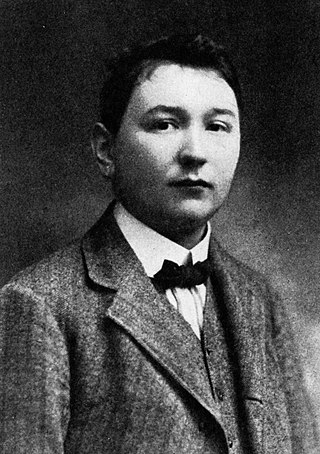
Jaroslav Hašek was a Czech writer, humorist, satirist, journalist, bohemian and anarchist. He is best known for his novel The Fate of the Good Soldier Švejk during the World War, an unfinished collection of farcical incidents about a soldier in World War I and a satire on the ineptitude of authority figures. The novel has been translated into about 60 languages, making it the most translated novel in Czech literature.

Josef Čapek was a Czech artist who was best known as a painter, but who was also noted as a writer and a poet. He invented the word "robot", which was introduced into literature by his brother, Karel Čapek.

Jan Nepomuk Neruda was a Czech journalist, writer, poet and art critic; one of the most prominent representatives of Czech Realism and a member of the "May School".

Michal Viewegh is one of the most popular contemporary Czech writers.

Josef Škvorecký was a Czech-Canadian writer and publisher. He spent half of his life in Canada, publishing and supporting banned Czech literature during the communist era. Škvorecký was awarded the Neustadt International Prize for Literature in 1980. He and his wife were long-time supporters of Czech dissident writers before the fall of communism in that country. Škvorecký's fiction deals with several themes: the horrors of totalitarianism and repression, the expatriate experience, and the miracle of jazz.

Tomáš Halík is a Czech Catholic priest, philosopher, and theologian. He is a professor of Sociology at the Charles University in Prague, pastor of the Academic Parish by St. Salvator Church in Prague, and president of the Czech Christian Academy.
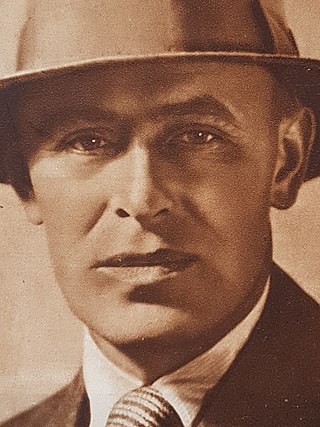
Vladislav Vančura was an important Czech writer active in the 20th century, who was murdered by the Nazis. He was also active as a film director, playwright and screenwriter.
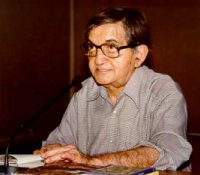
Nirmal Verma was a Hindi writer, novelist, activist and translator. He is credited as being one of the pioneers of the Nai Kahani literary movement of Hindi literature, wherein his first collection of stories, Parinde (Birds) is considered its first signature.

Hermann Grab was a Bohemian German-language writer.

Karel Poláček was a Czech writer, humorist and journalist of Jewish descent.

Olga Scheinpflugová was a Czech actress and writer. She was a daughter of the writer, journalist and playwright Karel Scheinpflug. In 1935, she married the writer Karel Čapek.
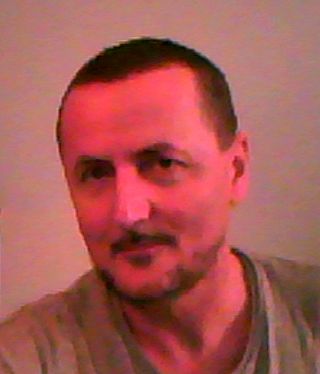
Gojko Čelebić is a Montenegrin writer and diplomat.

Adam Georgiev is a Czech poet and author of prose. He is most known as an author of gay literature; in 2010 he was reported by Czech Television to be the highest-selling gay author in the country.

Pavel Janáček is a Czech literary historian and critic. His research focus and interests lie in popular literature, pulp fiction and the literary culture of late the 19th and particularly the 20th century. Currently, he specializes in the history of censorship and the social regulation of literature.

Věra Nosková is a Czech writer, journalist and promoter of science and critical thinking.
The Czech State Award for Literature is an award given by the Ministry of Culture of the Czech Republic. The Czech State Award for Literature is awarded for an original literary work in Czech published during the preceding year or in recognition of a lifetime’s work of excellence. The prize consists of a certificate and 300,000 CZK Czech koruna. It is awarded each year on October 28 along with the Czech State Award for Translation.

Magdaléna Platzová is a Czech writer.

Ladislav Quis was a Czech writer, poet, lawyer, journalist, translator and critic; associated with the literary group, Ruchovci.
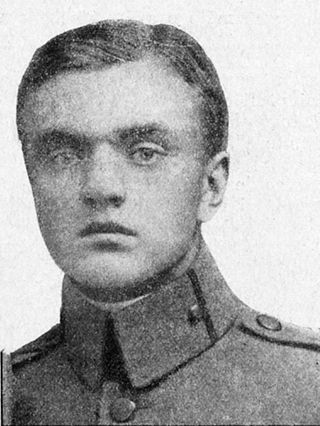
Jiří Haussmann was a Czech writer of science fiction and satire born in Prague.


















